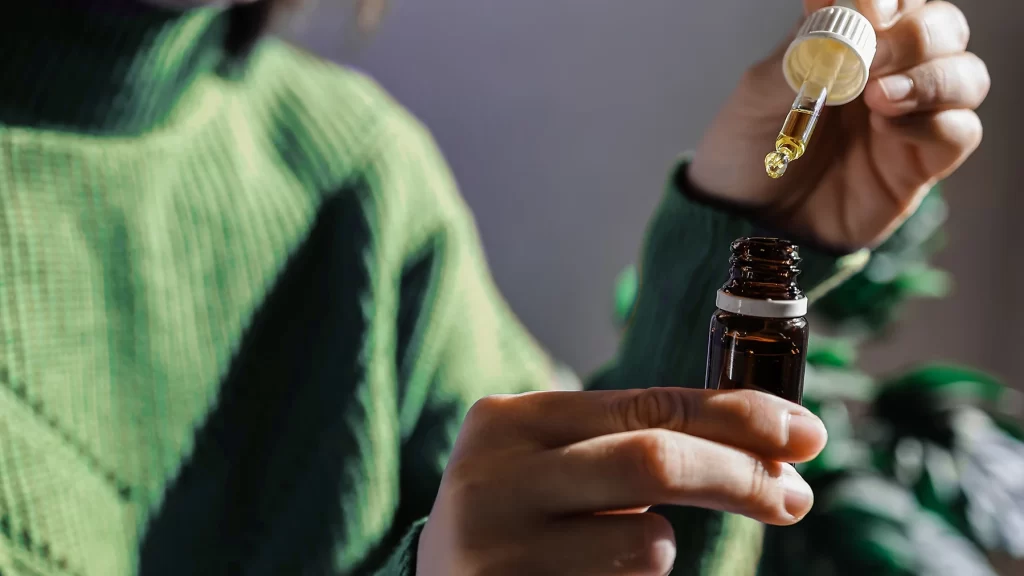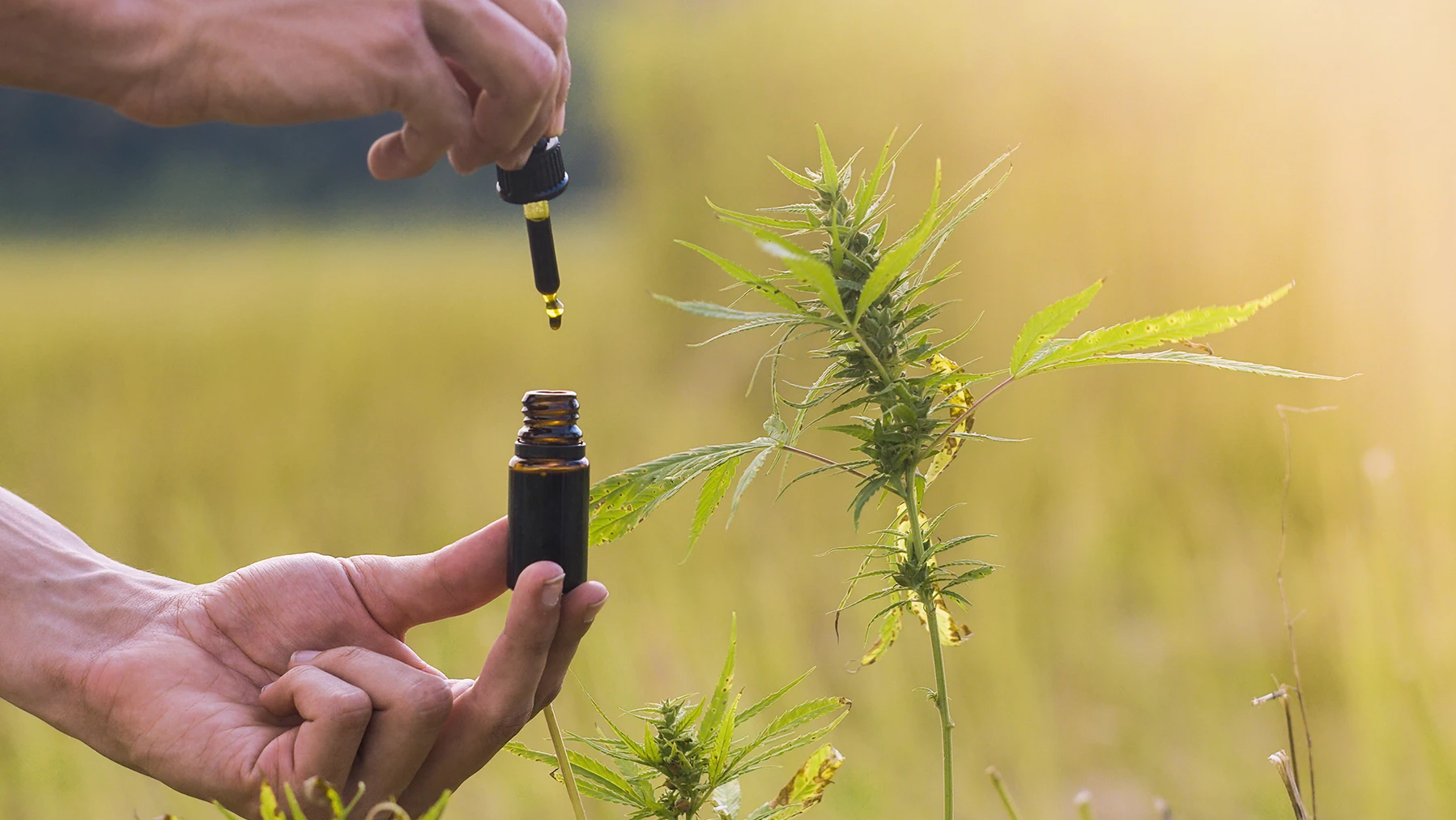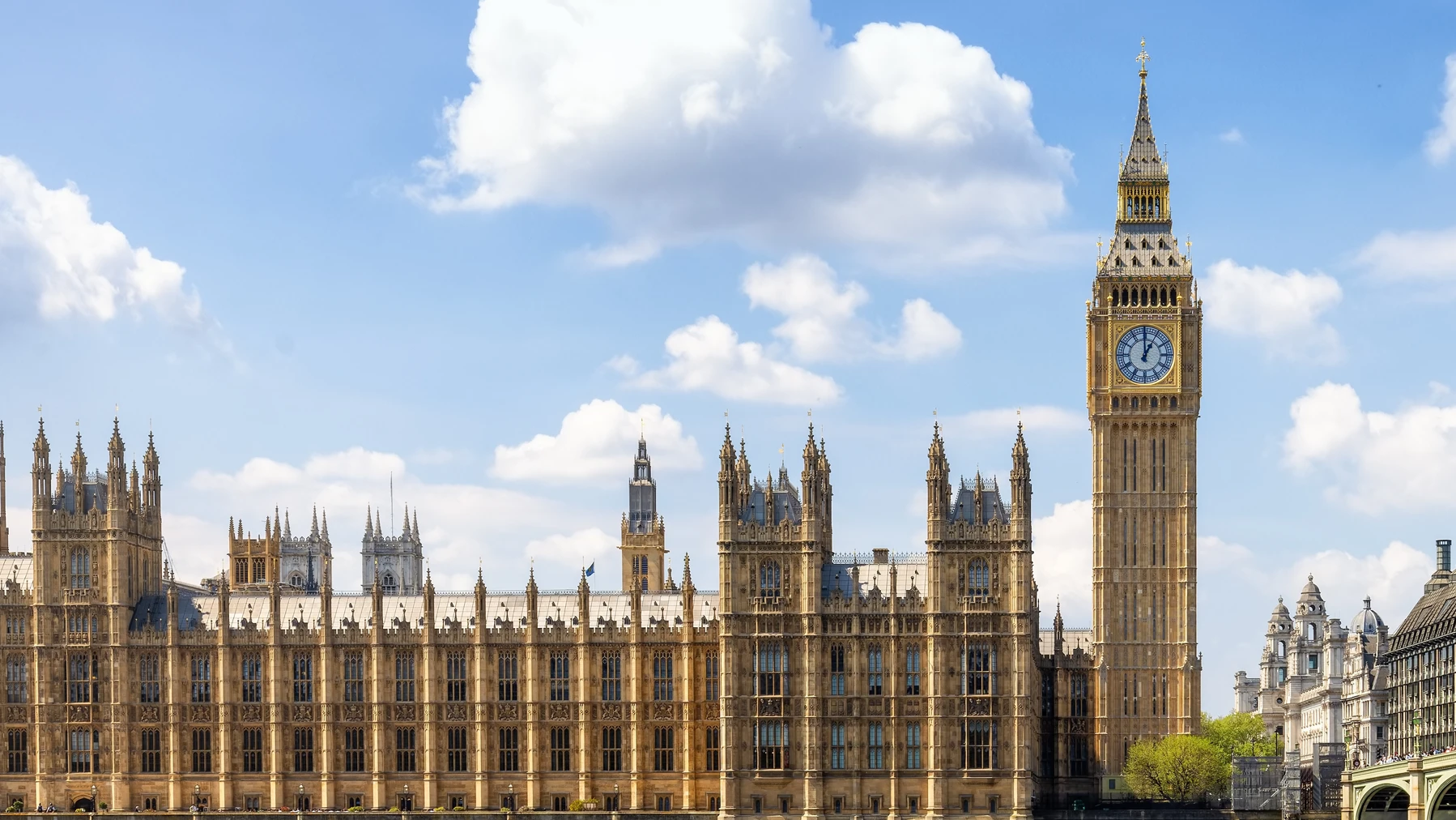The impact that cannabis has on mental health has been a topic of significant debate and research for debates. With more jurisdictions exploring the prospect of legalising cannabis and great societal acceptance, it is important to examine the nuanced relationship the drug has with mental health.

The article delves into the benefits and risks of cannabis use, dispelling common myths and exploring the effects it has on conditions like anxiety, depression and post-traumatic stress disorder (PTSD) based on current research.
Benefits of cannabis of mental health
Anxiety Relief
Studies have suggested that certain compounds in cannabis, namely cannabidiol (CBD), can reduce anxiety. CBD is non-psychoactive and has been shown to have calming effects, potentially helping those with social anxiety disorder and generalised anxiety disorder. It is thought to interact with serotonin receptors in the brain, promoting a sense of well-being and relaxation.
PTSD management
Cannabis has been reported to reduce symptoms amongst individuals suffering from PTSD. These symptoms include nightmares and flashbacks. Delta-9-tetrahydrocannabinol or THC, the psychoactive component in cannabis may help suppress the brain’s response to traumatic memories, providing relief to some patients.
Pain and mood disorders
Chronic pain is often comorbid with mood disorders such as depression. Cannabis, particularly cultivars (or strains) that are high in CBD can provide pain relief without the high associated with THC. This has been found to potentially improve mood by alleviating chronic pain and enhancing the overall quality of life for patients.
Risks of cannabis use on mental health
Increased anxiety and paranoia
While CBD may reduce anxiety, THC can have the opposite effect, especially if taken in high doses. THC can induce paranoia and heightened anxiety, particularly in new users or those that are predisposed to anxiety disorders. The balance between CBD and THC in a particular strain of cannabis is important and can significantly impact these outcomes.
Depression
The relationship between cannabis and depression is complex. Some users report temporary relief from depressive symptoms. However, heavy and chronic use of cannabis has been linked to worsening depression over time. Although medical cannabis can be prescribed for depression and significantly benefit patients, it is crucial to consider individual differences and the potential for cannabis to mask underlying issues without addressing them.
Psychosis and Schizophrenia
Cannabis use, especially during adolescence, has been associated with an increased risk of developing psychotic disorders such as schizophrenia. The risk is higher individuals that have a family history of such conditions. THC appears to potentially trigger psychotic episodes, underscoring the importance of careful, moderated use.
Though there is a link, a causal link is difficult to determine. Especially if there was a quantifiable link between cannabis use and psychosis, one would expect to see an increase in diagnoses over time. However, cannabis use has significantly increased over the past 50 years whilst psychosis rates have remained relatively low and stable.
Common myths and misconceptions

Cannabis is a cure-all
A common myth is that cannabis can cure all ailments. Cannabis has some incredible medical properties which have been used for thousands of years and through modern scientific research, we are only beginning to understand them in more detail. Cannabis can certainly offer symptomatic relief for some conditions, but it is not a cure and it should be used as part of a comprehensive treatment plan and under clinical guidance.
Cannabis is harmless
Another common misconception is that cannabis is entirely safe, ignoring the potential for dependency or adverse effects. Cannabis can be significantly safer than many other licensed and unlicensed medications. However, it should be prescribed by a specialist clinician – responsible use and the awareness of risks are essential for minimising harm.
All cannabis strains are the same
There are a wide variety of cannabis strains, all with different ratios of CBD, THC, terpenes and minor cannabinoids. This is one of the key reasons for why street or black market cannabis is very different to medical cannabis, which is prescribed by a clinician.
The effects that cannabis has on mental health for this reason can vary significantly between strains, emphasising the need for a personalised approach to cannabis use.
Effects on specific mental health conditions
Anxiety
As already mentioned, CBD has shown promise in reducing anxiety, whereas THC has a tendency to exacerbate it. Strains high in CBD and low in THC are generally recommended for those seeking anxiety relief. Research continues to explore the optimal ratios and formulations.
Depression
Short-term cannabis use can alleviate depressive symptoms for some, but long-term use has the possibility of worsening the condition. Euphoria from THC can temporarily lift mood but subsequent negative effects can ensue with a tolerance build up. If cannabis is being used to treat depression, it should be done under medical supervision and combined with other forms of treatment too.
PTSD
Cannabis has been used to reduce PTSD symptoms like insomnia and hyperarousal. However, more in-depth research is necessary to establish a standardised treatment protocol for dosages. CBD also holds promise in managing PTSD symptoms, especially those linked to anxiety.
Research and future directions
Research into cannabis and mental health is ever-evolving. Studies are increasingly demonstrating the therapeutic potential that both CBD and THC present, along with the complex interactions cannabinoids have on brain function.
Though there are still a lot unknowns, one thing this is clear – a personalised approach to medicine is essential considering genetic predispositions and individual responses to different cannabinoids. This is likely to optimise the benefits while minimising risks of cannabis use. As both recreational and medical legalisation expands, more comprehensive and rigorous research will be crucial to fully understand the drugs impact on mental health to inform evidence-based practice.
How Plantific can help with your medical cannabis understanding
Cannabis has both potential benefits and significant risks for mental health. While it can offer relief for conditions like anxiety, PTSD, and chronic pain, it also poses risks of increased anxiety, depression, and psychosis, particularly with heavy or early use. Dispelling myths and understanding the complexities of cannabis use are vital for making informed decisions. As research advances, a more nuanced understanding will emerge, helping to maximise the therapeutic benefits while mitigating the risks associated with cannabis use.

At Plantific, our introductory course to the cannabis industry provides a comprehensive comprehensive and detailed learning experience with extensive listing of the required research areas to be briefed on the past, current and future aspects of the international legal medical cannabis industry.
- Understand the fundamental traits of cannabis and recognise the various components of the plant
- Grasp the process of cultivating cannabis and manufacturing cannabis-based products
- Differentiate between cannabinoid-rich products and non-cannabinoid rich ones like industrial hemp, as well as between the psychotropic component THC and non-psychotropic ones like CBD
- Discern how cannabis products are tested to comply with international standards
- Understand how the cannabis engages with critical systems in the human body
- Determine what the current body of scientific evidence says about the effectiveness treating medical conditions with cannabis
- Recognise the adverse effects and other risks of cannabis use
- Comprehend the current leading regulatory frameworks governing medical and recreational cannabis use, including pilot programmes
- Appreciate the historical and cultural significance of cannabis, as well as the development of policy debates and regulations surrounding its use.
- Formulate a panorama of the cannabis industry and the different sectors within it
If you are interested in learning more, explore the various courses we offer.


